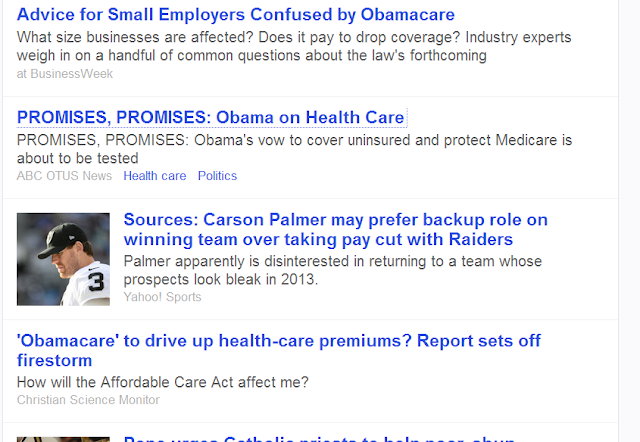Charlie Dent (R-PA) (Lehigh Valley Live) - part of the problem
Peter King (R-NY) (Huffington Post) - part of the problem
For all the Tea Partiers who have been complaining about RINOs the last several years, I have to admit I agree with them that the alleged "moderate" GOPers are part of the problem, but obviously not for the same reasons. And I don't just mean the alleged moderates in Congress. I'm also talking the moderate GOP voters.
Jonathan Chait wrote about a potential plan for moderates to depose John Boehner as Speaker of the House and create a real governing coalition between Democrats and moderate Republicans. Chait nails the problem with moderates in this passage:
Say you live in Pennsylvania and your representative is Charlie Dent. Representative Dent is fighting hard against the leadership to prevent a shutdown. If you’re following him in the news, you can read the hometown newspaper’s report explaining Charlie Dent’s opposition to his party’s tactics. But Charlie Dent is the one who is giving power to the very right-wing fanatics he is decrying, by supplying the decisive votes to the Republican majority. If you want to stop Ted Cruz from paralyzing the government, you need to vote against Charlie Dent. That is confusing.The problem is this assumes "moderates" like Dent and Peter King aren't just posturing for the media to seem moderate to continue being re-elected in their more moderate districts, while continuing to vote with the most radical members of their party 95% of the time. So as Chait wrote if you are a moderate Republican who isn't happy with how Ted Cruz is operating, unfortunately for you the answer in 2014 is to vote Democratic, not to send a moderate Republican back to Congress. I think some Republican voters think and vote this way splitting their tickets in Presidential elections (possibly being horrified by the positions their eventual Presidential nominee is forced to take in order to win the primaries), but not in Congressional elections. And that needs to change.
You see daily polls showing that 50+ % of registered Republicans agree with the Democratic Party's position on several key issues. Whether it be immigration reform, a balanced deficit-reduction plan, background checks on guns, etc. So what does it say about a party that it is so unresponsive to the majority of their base? Issues that get 50+% Republican voter support sometimes result in zero Republican votes in Congress. Issues that get 75-80% Republican voter support may end up forcing the hand of a handful of Republicans, as you saw with the Manchin-Toomey background checks bill, but not enough to pass even with 90+% support nationwide.
As long as the moderates keep giving the GOP candidate their votes, they are enabling the radical nutty wing of the party. I understand you may be a Northeastern moderate Republican who is pro-choice and in favor of same-sex marriage (or at least indifferent enough on those issues that they aren't decisive when it comes to casting your vote). And you vote Republican usually because you want your taxes lower, you don't like the welfare state all that much, and you'd prefer less regulations and "smaller government" (whatever that means at any given moment). But the thing is that even though you are voting for your moderate GOP Congressman, in doing so you are empowering the Ted Cruz, Mike Lee, Louie Gohmert, Michelle Bachman wing of the party. They are the ones who hold the power in Congress and/or have the national talk-show celebrity status to drive the daily conversation.
But yet the majority of the base continues to vote for people who then don't represent their views. And the alleged moderate politicians continue to go along with the most radical elements of their party, out of fear that the radical voters will outnumber the moderates in primaries. So if moderate Republican voters really want to exert some political power, their best option is to vote for Democrats, at least right now. And then eventually (maybe) Republican politicians will moderate and begin adopting some of those positions to truly represent the will of the electorate.
The Republican party used to always be considered the "daddy party", while the Democrats were the "mommy party." But as we've seen the last several years the Republican party has been governing like an abusive dead-beat daddy party. And perhaps moderate GOP voters should consider putting mommy back in charge of the household until daddy goes through counseling and rehab.





.jpg)









